26, April 2018
Southern Cameroons Crisis: Chief Mukete faced with a tough choice 0
The paramount chief of the Bafaw in the South West region of Cameroon, Fon Victor Mukete, is facing headwinds at the Senate and in his native region of the southwest following a video released on Youtube wherein he was showering praises on the country’s president, Paul Biya, for appointing him as the senator for Meme Division.
The 100-year-old Mukete is clearly staring down the barrel of dismissal, as the new Social Democratic Front (SDF) senators have indicated that Chief Mukete like many Cameroon Peoples Democratic Movement (CPDM) senators are in breach of senate rules.
According to a Cameroon Concord News source close to the senate, the seven SDF senators have sworn to right many violations that have taken place during the just ended senatorial term. Our source, who has spoken to SDF senators, has reported that the proceedings will start today, April 26, 2018 with the intention of giving the senile Mukete and his fellow party members 48 hours to choose whether to be in the senate or continue to serve their country wherever they also hold public office.
If after 48 hours, those caught up in this breach of senate rule do not decide on what to do, a senate committee will also grant them ten days and at the expiry of the 10 days, those involved in this breach will automatically be considered as having resigned from the senate.
Chief Mukete, a senator from Meme Division in the South West region, is the Board chairman of the country’s telecommunications company, CAMTEL. According to the country’s senate rules, senators are not supposed to hold other government functions, but for many years, these rules have not been applied and many ruling party senators like Chief Mukete have gotten away with what is supposed to be punishable under senate rules.
Things are about to change and according to our source; Mr. Biya has clearly supported the SDF decision to fight such a breach. Mr. Biya has urged those involved to make the right decision and has clearly stated that he will not be defending or supporting them.
Meanwhile, in the southwest region, Chief Mukete is under fire for overstaying his welcome in the political arena. Many South-westerners hold that at 100 years, Chief Mukete is supposed to have quit politics, especially as Southern Cameroonians are locked in a battle they believe could result in their obtaining an independent country known as Ambazonia.
It should be recalled that a few weeks ago, Chief Mukete had indicated that the best solution to the Southern Cameroonian crisis would be the establishment of a federal system; a statement that shocked his ruling party and sent down ripples down Mr. Biya’s spine.
Chief Mukete like many Southern Cameroonian politicians in Yaounde are silently sympathizing with the English-speaking minority, but having been part of the system for decades and militated in a party considered by many as a crime syndicate, they cannot publicly express their political view for fear of being arrested and taken to the country’s maximum security prison in Yaoundé.
Chief Mukete’s dismissal from the senate will be a huge blow to the party and to Chief Mukete himself. If he decides to stay in the senate, he will be losing his position as board chairman at CAMTEL; a company he has used to feather his nest and place members of his family in high positions.
After so many years in the corridors of power, Chief Mukete is facing his toughest challenge yet. He is expected to make a decision on this matter in a few days and with the president clearly indicating that he is on the side of SDF senators, Chief Mukete and his follow party members are set to lose some of their privileges.
Meanwhile, fighting in the two English-speaking regions of the country has intensified. Government forces have over the last three months been engaged in gross human rights abuses which are causing many in the international community to question the government’s commitment to the inclusive dialogue it has been talking about.
For almost two years, Southern Cameroons has been reduced to an abattoir with government troops killing innocent citizens as if they are not nationals of Cameroon. In many parts of Southern Cameroons, young men, many of whom are innocent and have nothing to do with the ugly fighting that is playing out over there, have been arrested and taken to unknown destinations. Many have been buried alive, while others have been used by the country’s sex-starved and alcohol-inflamed soldiers as shooting targets. The rule of law that is supposed to be upheld by the government is gradually becoming the rule of weapons where those with weapons dictate the rule and the country’s government is doing its best to encourage this form of lawlessness that is breeding hatred and feeding the circle of violence that is claiming many lives in Southern Cameroons.
A crisis that started as simple protests by lawyers, teachers and students in Buea and Bamenda has been allowed to metamorphose into a full blown armed conflict due to the government’s firm belief in tough and violent means to address issues. The government’s decision to slaughter hundreds of Southern Cameroonians on October 1, 2017, has turned out to be an unfortunate error of judgment. Many people around the world who have been watching Cameroon descend into chaos thought the country’s government would actually embrace peace. Many have been waiting for the government to lay the ground work for the much-touted inclusive dialogue that the country’s president, Paul Biya, has been talking about.
But time, a key factor in life, has revealed that Mr. Biya, who had declared at the United Nations in 2017 that “we all are hankering after peace”, has, all through, been paying lip-service to the notion of inclusive and sincere dialogue. Mr. Biya and his government see governance as a do or die affair and any dialogue that might minimize their power will never be their cup of tea. They have opted for self-destruction. They seem to be admiring the killings in their own country. Cameroon’s leaders are unfortunately encouraging a bloodbath in their own country.
To them, the atrocities being committed by government troops are simply war games worthy of their admiration. They seem to be deflecting public opinion from the fact that Southern Cameroonians, who have been victims of the government’s marginalization, simply want to be heard. They want years of injustice and disrespect to be addressed. But wont to violence and dictatorial ways of doing business, the government is unrelentingly pursuing its legendary policy of violence which has transformed an entire region into a massive killing field.
After October 1, 2017, a date many Southern Cameroonians consider as their independence day, the country has been pushed into an unprecedented spiral of violence. Government troops seem to be on a killing spree that is drawing a lot of admiration among government officials of Beti extraction. Mr. Joseph Beti Assomo, the country’s defense minister, is alleged to have boasted that by the time the conflict ends, there will be no Southern Cameroonians in the English-speaking regions. This testifies to the many claims of a government-sponsored genocide that are on social media.
Given such an attitude and the way many English-speaking Cameroonians have been rushed to an early grave by army soldiers, Southern Cameroonians hold that it behooves them to protect themselves as the government has decided to mow them down like unwanted ragweed. The government’s approach is creating more animosity and radicalizing even the most moderate, as Southern Cameroonians see their brothers being shot point blank by soldiers who are supposed to protect them.
Today, the radicalization has given birth to many armed groups in the two English-speaking regions of the country. The government too has stepped up its killing spree to prove that it is in control of the territory. Over the last four months, many innocent civilians have met their death as the government pursues its policy of collective punishment. Many civilians have seen their homes burnt down by government forces which have opted for a “scorch-earth” policy that is hurting many vulnerable people who have nothing to do with the conflict.
Schools and courts have remained closed in many parts of Southern Cameroons, though ghost town operations organized by angry English-speaking Cameroonians with the objective of bringing the government to the negotiating table are gradually fizzling out. The sticking point has been the government’s refusal to discuss the form of the state and this is causing the conflict to drag on and, in the process, it is taking forms that are too complicated even for the government to handle. The daily killings are resulting in moderate English-speaking Cameroonians seeing secession as the ultimate answer.
Today, the extrajudicial killings have become a daily affair and ordinary citizens are also killing and maiming soldiers in retaliation for the killing of many civilians. The arrest of secessionist leaders in Nigeria on January 5, 2018, and their illegal extradition to Yaoundé in late January have not helped matters. These leaders have been held incommunicado for almost two months and this is a concern to rights groups which hold that they deserve a fair trial and access to lawyers.
The abuses are ongoing and getting serious by the day. The international community is concerned about the government’s refusal to call for genuine and inclusive dialogue. And its approach to the resolution of this conflict has been criticized by the International Crisis Group (ICG), a rights group that has representatives on the ground who are collecting information and evidence of abuses. Though the ICG has been critical of the government, it still holds that dialogue is the ultimate answer to a crisis that is jeopardizing the country’s development prospects.
Southern Cameroonians are sick and tired of the referendum that was negotiated by John Ngu Foncha and his self-centered followers who were simply blinded by their own parochial interests. Southern Cameroonians have clearly demonstrated their disgust and frustration with a union that has robbed them of their dignity and happiness. They claim the government has been very indifferent to their plight. Years of marginalization have sent more than three million Southern Cameroonians abroad where they are today making the government to feel their ire. The Southern Cameroonian Diaspora is hell-bent on destabilizing the country if the government does not introduce meaningful reforms, especially those that border on federalism as a system of governance that has spread wealth and prosperity in other parts of the world.
The Southern Cameroons crisis is clearly an outcome of the pent-up anger and frustration that have been ignored by the country’s government. Southern Cameroonians have a genuine problem. Their marginalization is not a myth. It is a reality that has been noticed by the international community and even the government can no longer deny it. The scars of marginalization are all over the place. The country’s English-speaking minority has been frustrated for decades and the current armed conflict only speaks to the pain Southern Cameroonians have endured for years.
Most of these fighters are simply calling for the world to listen to them. They want a righting of the wrongs of the past. The lawyers who started the demonstrations never talked about secession or independence. But the government’s high-handedness and its determination to play the ostrich have pushed the country to the brink of a bloody civil war. Southern Cameroonians have, over time, migrated from redress to federalism and as government officials like Fame Ndongo, Issa Tchiroma and Laurent Esso insist that there is no Anglophone problem in Cameroon, many Southern Cameroonians have simply felt that it is time to look at other options – those which will extricate them from the burden of over-centralization.
By Ebot Etchi and Rita Akana in Yaoundé with contributions from Soter Agboaw-Ebai
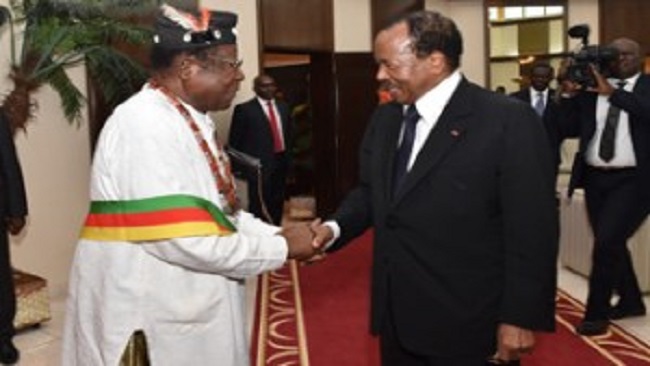
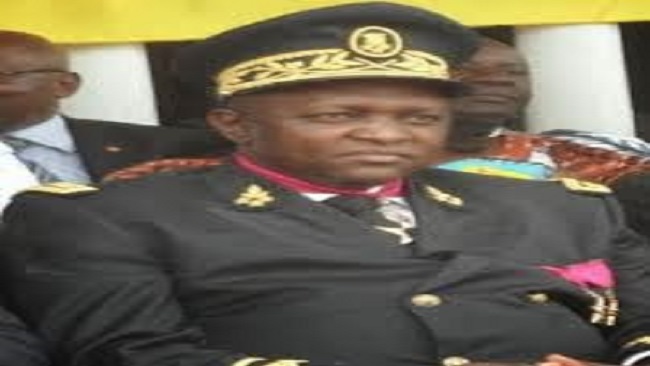
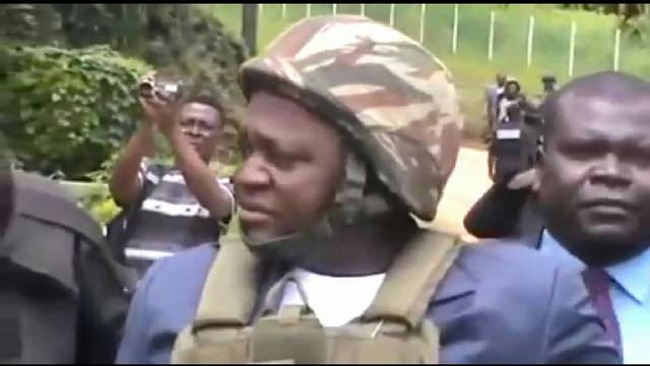
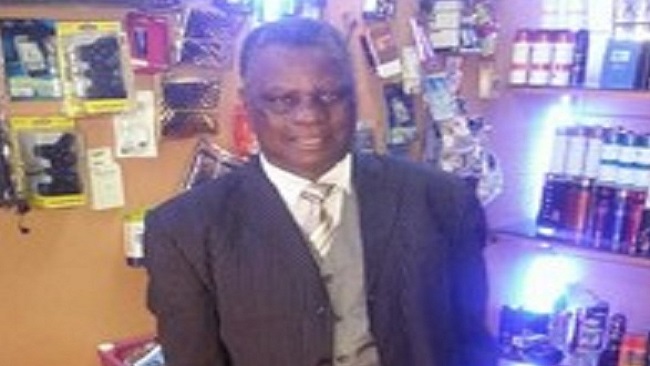
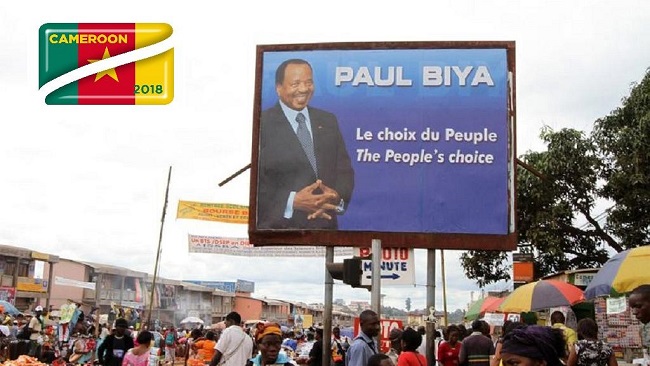
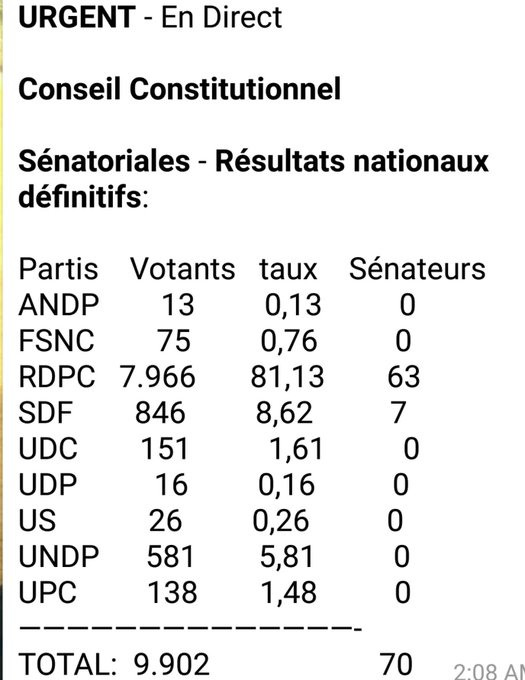
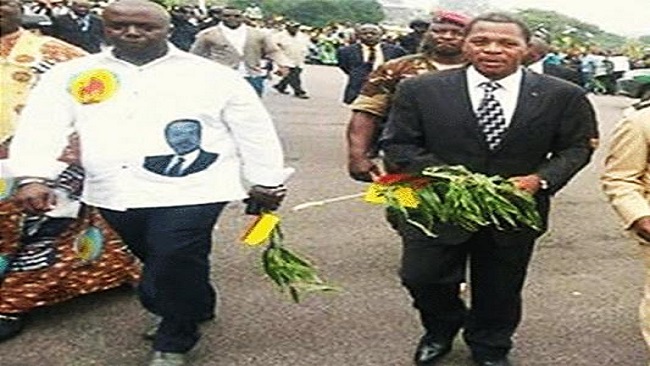

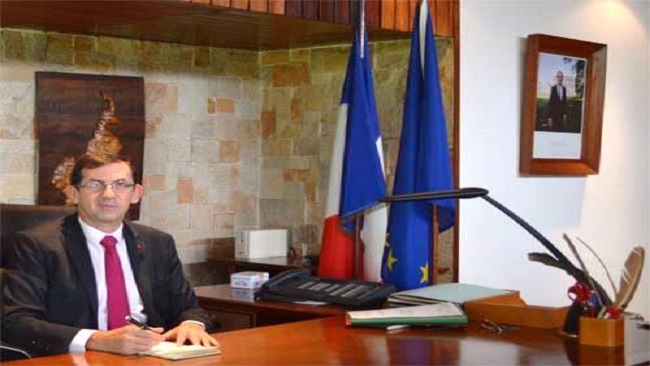
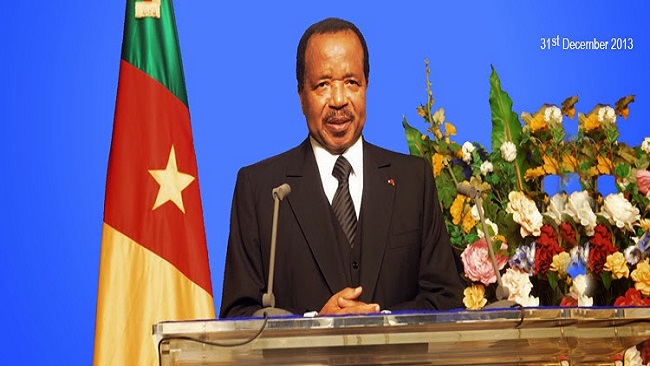
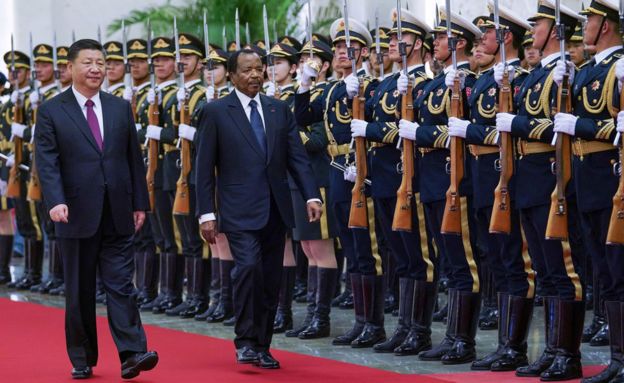
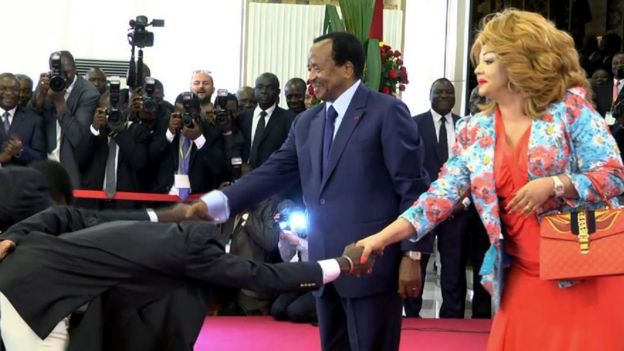


















13, May 2018
On Biya regime’s determined attempt to mislead Cameroonians on the killings of soldiers 0
In the early hours of Saturday the 12th of May 2018, a military truck transporting some elements of the Rapid Intervention Battalion reportedly had an accident around the Atlantic Beach entrance in Limbe. 30 soldiers were killed and dozens injured. The Francophone dominated army had before the accident ordered Southern Cameroons civilians to evacuate the area.
Cameroon Intelligence Report gathered that the soldiers left their base and were en route to Muyuka to crush the attacks on the gendarmerie post when their vehicle crashed. French Cameroun army sources say the accident was caused due to over speeding. However, our chief correspondent in the Southern Zone, Sama Ernest who is also very experienced in intelligence gathering has gotten reliable information that the Limbe Atlantic Beach accident was staged by the military.
In an interview he had with a senior Francophone military official in Limbe who sued for anonymity, the officer wondered aloud on the numerous “lie telling competition” going on deep within the Cameroon army. “These days the army kills its own and say it was a motor accident’ he pointed out. He said the Cameroon military high command was not telling the truth to the Cameroonian people. He admitted that soldiers were being killed by the Southern Cameroons restoration forces at an alarming rate but the army was maintaining a kind of silence of the lamb.
Questioned on the diabolic harsh ploy by the army against the people of Southern Cameroons, he bolted and claimed he did not understand English properly. Some sources have maintained the view that the army is afraid to tell the truth as it may generate an uprising in East Cameroun. The Biya regime plans to make public the names of some of the soldiers killed in the Southern Cameroons war this coming week and we understand the list will be linked to the Limbe accident.
Elsewhere, there was an attack at the Gendarmerie post in Yoke, Muyuka and the Southern Cameroons freedom fighters made away with ammunition. Two days ago, they attacked the Muyuka police head office and freed all detainees.
By Rita Akana with files from Sama Ernest in Fako County